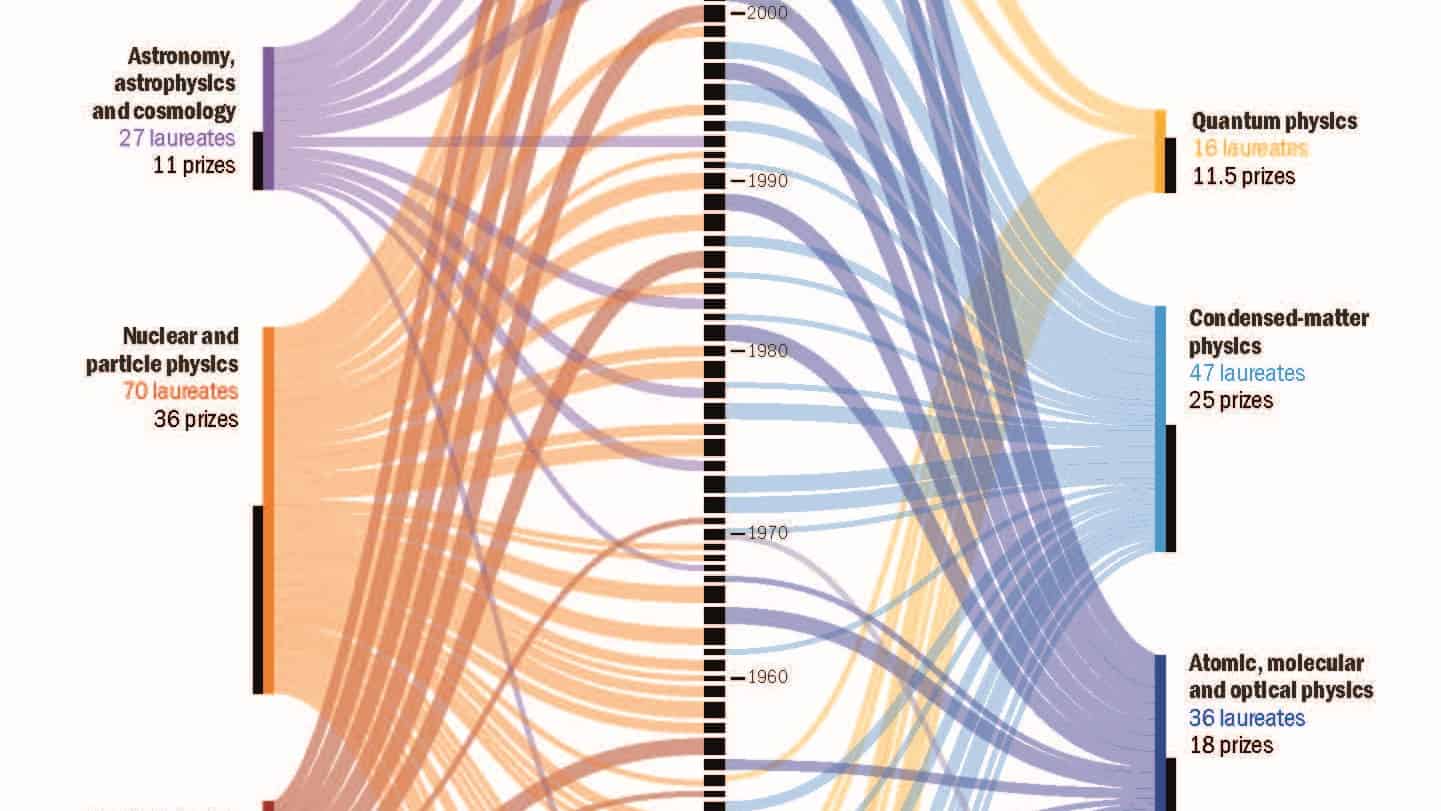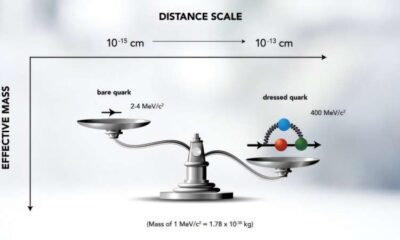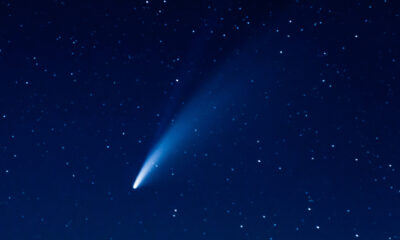Science
Predictions for the 2025 Nobel Prize in Physics Announced

The announcement of the 2025 Nobel Prize for Physics is set for October 7, 2025, prompting speculation about potential laureates. The Nobel Committee operates under a veil of secrecy, and only its members and select officials at the Royal Swedish Academy of Sciences have insight into the recipients. Given the confidentiality surrounding nominations, predicting this year’s winners is challenging, particularly as past awards provide little guidance due to a half-century of secrecy regarding deliberations.
Despite the uncertainty, many are eager to discuss possible winners. Drawing inspiration from the previous year’s award, which recognized significant contributions in artificial intelligence, one prediction stands out: the 2025 laureates may be celebrated for advancements in quantum information and algorithms. This field has seen substantial development over the past few decades, culminating in operational quantum computers and secure cryptographic systems. Notable figures in this arena include Peter Shor, Gilles Brassard, Charles Bennett, and David Deutsch. Ultimately, only three of these contributions can be honored with the prize.
The history of the Nobel Prize in Physics reveals significant gaps in awards across various fields, as illustrated in a recent infographic. For instance, since around 1990, there has been a notable absence of awards in certain physics disciplines, such as “atomic, molecular and optical physics,” which have seen intervals of five to ten years between recognitions. This pattern suggests that the Nobel Committee may intentionally space out awards to avoid concentrating recognitions within the same area of research.
As for particle physics, an area that has not seen a Nobel Prize awarded in a decade, some observers argue the timing may still be premature for new awards. The study of quark–gluon plasma and antimatter has advanced significantly, yet major breakthroughs that would warrant a Nobel are still awaited. A potential candidate for recognition in this field could be the theory of cosmic inflation, which seeks to elucidate the universe’s early exponential expansion. If this theory were to be acknowledged, it would likely honor Alan Guth and Andrei Linde. While the late Alexei Starobinsky could have been a third recipient, posthumous awards are not permitted, leading to speculation that Paul Steinhardt could fill that role.
The last Nobel Prize in condensed matter physics was awarded in 2016, leaving questions about what research merits recognition this year. The field of metamaterials has witnessed promising advancements, particularly regarding engineered materials designed to manipulate light and sound. A Nobel Prize in this area might rightfully go to theorist John Pendry, known for his foundational work in transformation optics, which aids in understanding light interactions with metamaterials.
In conjunction with Pendry’s contributions, the experimental achievements of David Smith, who created the first invisibility cloak in 2006, have also been significant. Smith’s cloak operates at microwave frequencies and showcases the potential applications of metamaterials. Another strong contender for this year’s prize is applied physicist Federico Capasso, recognized for his contributions to metamaterials and the invention of the quantum cascade laser.
As the announcement date approaches, the anticipation surrounding the Nobel Prize for Physics builds. The discussions highlight the dynamic nature of scientific discovery and recognition, as well as the ongoing journey of research and innovation that continues to shape our understanding of the universe.
-

 Entertainment3 months ago
Entertainment3 months agoAnn Ming Reflects on ITV’s ‘I Fought the Law’ Drama
-

 Entertainment4 months ago
Entertainment4 months agoKate Garraway Sells £2 Million Home Amid Financial Struggles
-

 Health3 months ago
Health3 months agoKatie Price Faces New Health Concerns After Cancer Symptoms Resurface
-

 Entertainment3 months ago
Entertainment3 months agoCoronation Street’s Carl Webster Faces Trouble with New Affairs
-

 Entertainment2 months ago
Entertainment2 months agoWhere is Tinder Swindler Simon Leviev? Latest Updates Revealed
-

 Entertainment4 months ago
Entertainment4 months agoMarkiplier Addresses AI Controversy During Livestream Response
-

 Science1 month ago
Science1 month agoBrian Cox Addresses Claims of Alien Probe in 3I/ATLAS Discovery
-

 Entertainment4 months ago
Entertainment4 months agoKim Cattrall Posts Cryptic Message After HBO’s Sequel Cancellation
-

 Entertainment2 months ago
Entertainment2 months agoOlivia Attwood Opens Up About Fallout with Former Best Friend
-

 Entertainment3 months ago
Entertainment3 months agoMasterChef Faces Turmoil as Tom Kerridge Withdraws from Hosting Role
-

 Entertainment4 months ago
Entertainment4 months agoSpeculation Surrounds Home and Away as Cast Departures Mount
-

 World2 months ago
World2 months agoCole Palmer’s Mysterious Message to Kobbie Mainoo Sparks Speculation





















